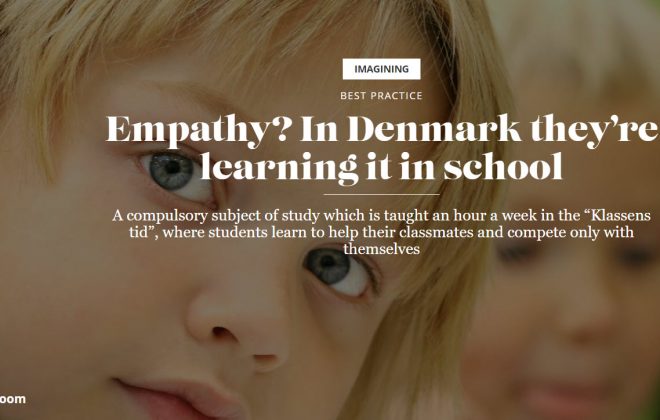
True Life: Addicted to Novelty
“Hello, everyone. My name is Jim, and I’m a novelty addict.”
[Everyone: “Hi, Jim.”]
“It’s been 12 hours since I last ‘liked’ and ‘retweeted’ multiple articles on Twitter and LinkedIn without reading them or doing anything with the knowledge I gained. But it’s time I admit I need help in order to make a change and break this toxic cycle. These constant hits of novelty are only holding me back.”
In David Rock’s “Your Brain at Work,” dopamine is described as the drug of desire, and nothing unleashes a rush of dopamine like a new, novel idea that could solve all our problems. The thing is, ideas are only as valuable as the actions they lead to. We need to be able to tap into that dopamine boost and utilize its energy toward actions instead of other ideas.
Have you ever sat in a meeting, discussing potential solutions to a key problem the business is dealing with, and after 90 minutes of discussion you leave exhausted, feeling productive, but no one did anything? Then after two months, all those ideas are long forgotten, and that unsolved problem was simply replaced by a new problem?
Lather, rinse, repeat.
One of my greatest lessons from improv is accepting someone’s idea and learning to just let go of every other idea I had in that moment and taking immediate action that supports their idea.
For example:
There’s four of us on stage and the audience’s suggestion is “construction.” All four of us are silently processing the potential actions this suggestion inspired, but only one of us can start a scene. I’m about to walk on stage and pretend to operate a crane, when suddenly my scene partner sits down, acts like she’s drawing a picture, and says to me, “Can you hand me the blue crayon?”
She beat me to the punch.
There are two ways this scenario plays out:
- I pretend to operate a crane anyway.
- I abandon my idea entirely and find me some imaginary crayons for her construction paper.
Option 1 ignores my partner’s idea, confuses everyone involved, and gets us nowhere. Option 2 begins to build a story that our other scene partners can more easily support, abandoning their initial ideas as well.
Let’s go back to one of those work meetings. Are people accepting one idea early on and building on it, or is everyone fighting to express their magical solution?
Again, ideas are only as valuable as the actions they lead to.
Here’s another super-secret: there will always be more novel ideas that give us that hit of dopamine we all crave.
The bottom line: we are all novelty addicts, but we can beat this addiction by utilizing its energy to support our peers and letting our own ideas go.
Fin.
A few example modules include:
- Magic Words: Communication and “Yes, And”
- On the Spot: Public Speaking and Performance Anxiety/Stage Fright
- Heal Thyself: Humor and Self Care
- Let Go: Stress Reduction Through Improv
- Us is More: Group Mind and Team-Building
- Feelin’ It: Emotional Intelligence and Empathy
- and many more . . .
Tags In
Related Posts
Categories
- Emotional Intelligence (7)
- Empathic Blog (6)
- Empathic Workplace In the News (9)
- Empathy Training Podcasts (2)
- Empathy Training Videos (8)
- Harassment (2)
- In The News (1)
- Look Who Gets It (3)
- Science of Empathy (3)
- Storytelling (5)
- Workplace Conflict (3)
- Workplace Culture (5)
- Workplace Empathy (13)





